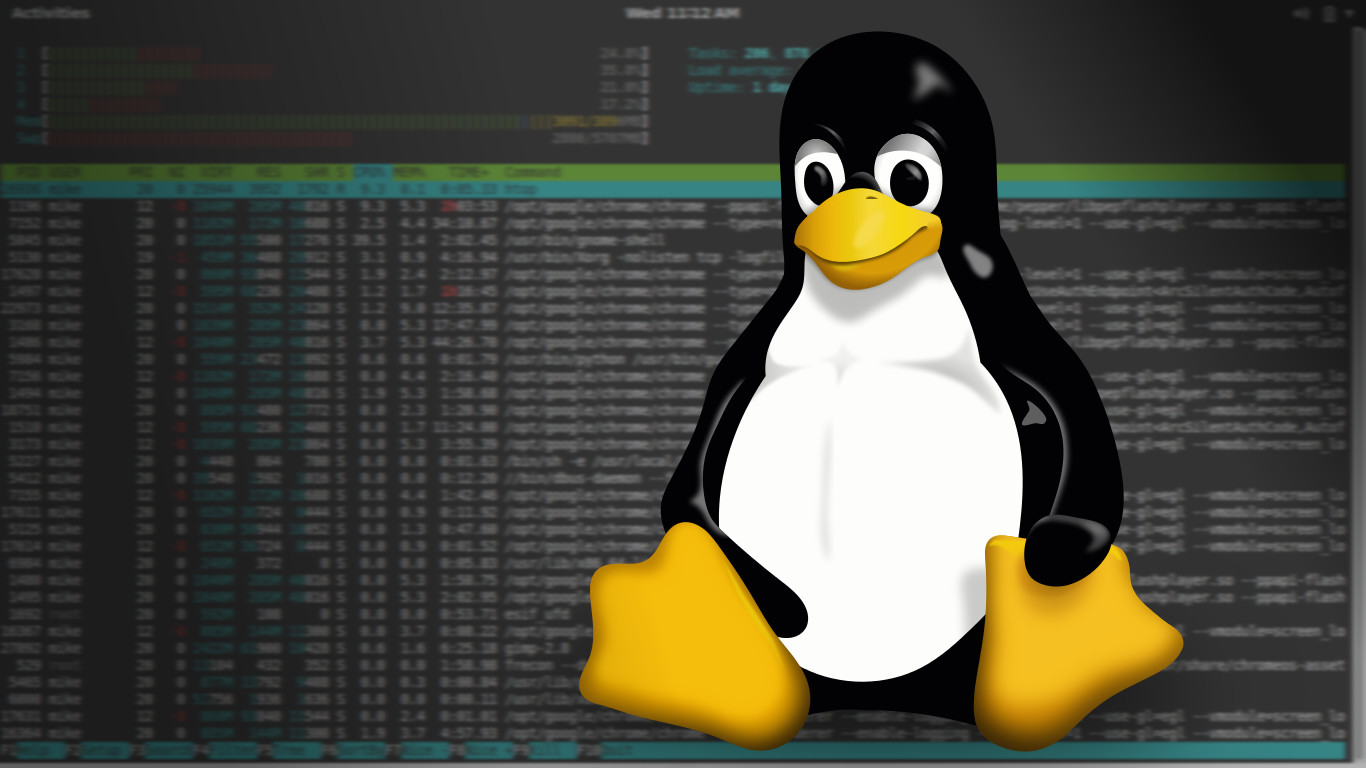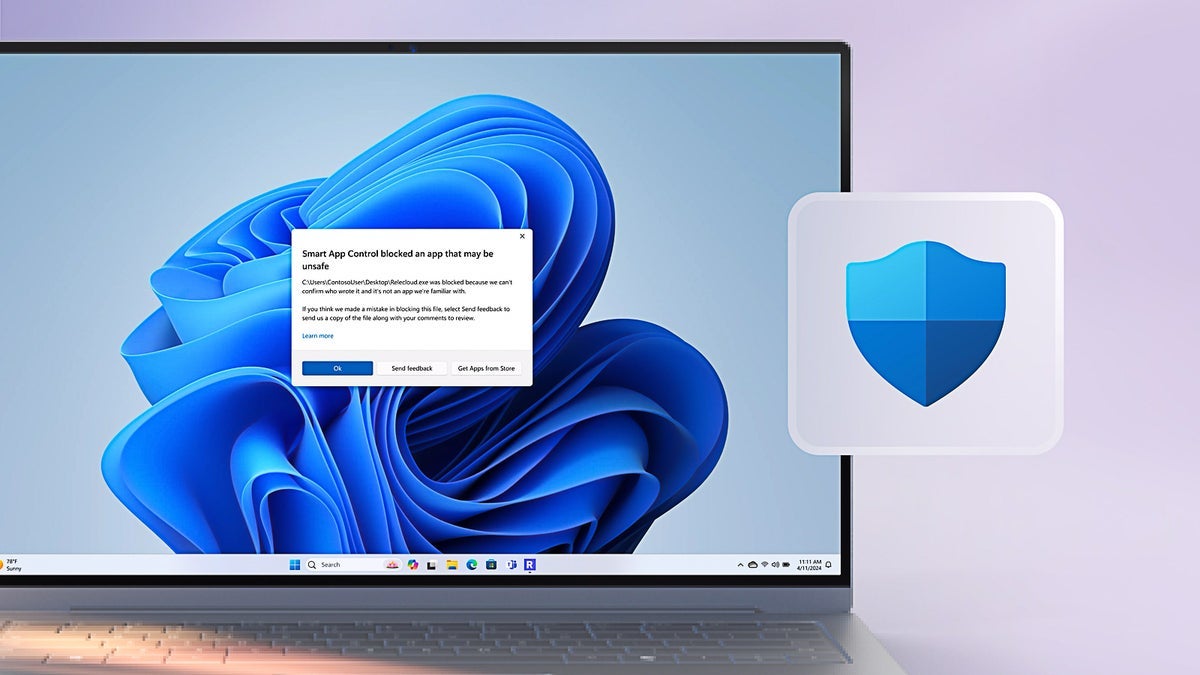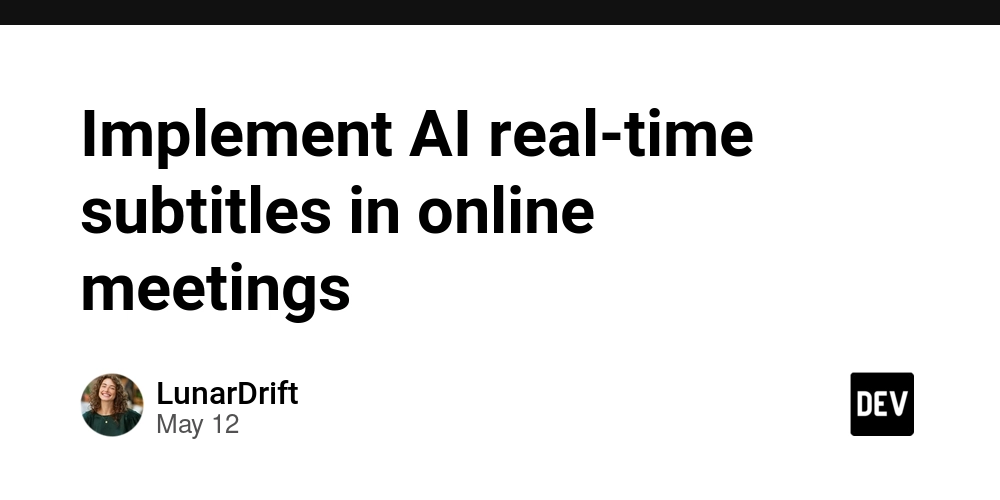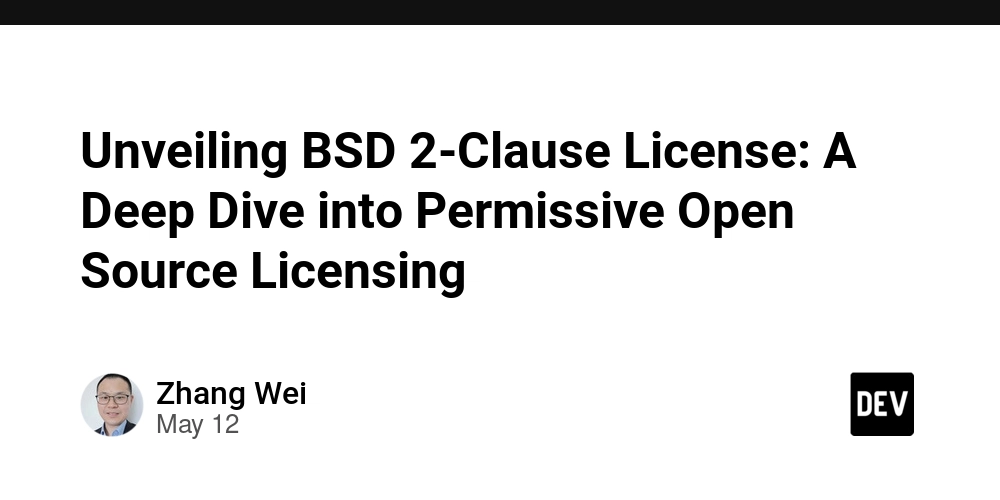What is BitcoinLib? Exploring the Ecosystem, Funding, and Community Success
Abstract In this post, we dive deep into BitcoinLib—a Python library for Bitcoin blockchain operations—and explore how its open source business model, funding strategies, and collaborative community are driving innovations in blockchain Python development. We discuss its origins, technical features, practical use cases, funding challenges, and future trends. This comprehensive guide also touches upon related topics such as tokenized funding, MIT licensing, and community governance, while providing useful insights and hyperlinks to relevant authoritative sources. Introduction BitcoinLib has emerged as a cornerstone among blockchain Python libraries, offering seamless integration with Bitcoin blockchain operations. Its open source ethos, governed by an MIT license, not only fuels rapid development and innovation but also ensures that contributions from a global community come together to maintain and enhance its features. In the ever-evolving landscape of blockchain technology, BitcoinLib stands as an example of how open source projects can effectively merge technical excellence with sustainable funding models. This post discusses the background, key features, community dynamics, funding experiments, and future possibilities of this unique project. Background and Context BitcoinLib was developed to simplify Bitcoin blockchain operations for Python developers. By offering tools for generating cryptographic keys, building and signing transactions, and interacting with blockchain networks, BitcoinLib has gained prominence in the blockchain Python ecosystem. Historically, Python’s clean syntax and robust programming frameworks have made it a favorite among developers building blockchain solutions. The choice of the MIT license for BitcoinLib further emphasizes a commitment to openness and minimal legal constraints, thereby boosting community contributions and corporate sponsorships alike. Evolution in the Ecosystem Initially created as a straightforward tool for Bitcoin integration, BitcoinLib’s evolution has kept pace with the growth of blockchain and decentralized finance (DeFi). Its design supports modern security protocols and continuous updates, ensuring that it remains a reliable framework for both prototyping and production-level applications. With contributions coming from developers around the globe, BitcoinLib is now a beacon of community-driven crypto projects. For a technical dive, you can visit the official Python BitcoinLib repository to review the code and understand its architecture. Core Concepts and Features BitcoinLib is built upon several core principles and features that ensure its robustness and versatility: Open Source Licensing and Funding MIT License: By using the MIT license, BitcoinLib removes legal impediments that hinder integration with both open source and proprietary projects. This permissive approach invites innovation and cross-collaboration across diverse sectors. Community-Driven Funding: Funding for BitcoinLib is achieved through community contributions, crowdfunding, and occasional corporate sponsorship. The transparent funding model is in line with modern practices seen in projects discussed in resources like Funding Open Source Software and Sustainable Funding for Open Source. Key Technical Capabilities BitcoinLib’s technical features are tailored to address the complex requirements of blockchain operations in a simplified manner: Cryptographic Operations: It provides tools for generating secure keys and addresses, essential for the management of digital assets. Transaction Management: Robust APIs enable the construction, signing, and broadcasting of Bitcoin transactions. Blockchain Data Parsing: The library effectively parses blockchain data to facilitate real-time analytics and system integration. Security Best Practices: By incorporating testing frameworks and continuous integration pipelines, BitcoinLib upholds high coding standards and minimizes vulnerabilities. Below is a table highlighting a comparison of core features: Feature Description Impact Cryptographic Key Generation Securely generates private and public keys Enhances user security and authenticity Transaction Handling Provides APIs for constructing and broadcasting transactions Simplifies blockchain interactions Data Parsing and Construction Robust parsing of blockchain data for analysis and monitoring Enables responsive and scalable solutions Open Source Governance Community-driven development supported by an MIT license Fosters innovation through collaboration Blockchain Integration in Python Python’s expressive syntax and extensive libraries make it an ideal platform for blockchain development. BitcoinLib, as a full-featured Python library, leverages these attributes to shorten development times and improve code maintainability. Developers can integrate BitcoinLib with other blockch

Abstract
In this post, we dive deep into BitcoinLib—a Python library for Bitcoin blockchain operations—and explore how its open source business model, funding strategies, and collaborative community are driving innovations in blockchain Python development. We discuss its origins, technical features, practical use cases, funding challenges, and future trends. This comprehensive guide also touches upon related topics such as tokenized funding, MIT licensing, and community governance, while providing useful insights and hyperlinks to relevant authoritative sources.
Introduction
BitcoinLib has emerged as a cornerstone among blockchain Python libraries, offering seamless integration with Bitcoin blockchain operations. Its open source ethos, governed by an MIT license, not only fuels rapid development and innovation but also ensures that contributions from a global community come together to maintain and enhance its features. In the ever-evolving landscape of blockchain technology, BitcoinLib stands as an example of how open source projects can effectively merge technical excellence with sustainable funding models. This post discusses the background, key features, community dynamics, funding experiments, and future possibilities of this unique project.
Background and Context
BitcoinLib was developed to simplify Bitcoin blockchain operations for Python developers. By offering tools for generating cryptographic keys, building and signing transactions, and interacting with blockchain networks, BitcoinLib has gained prominence in the blockchain Python ecosystem. Historically, Python’s clean syntax and robust programming frameworks have made it a favorite among developers building blockchain solutions. The choice of the MIT license for BitcoinLib further emphasizes a commitment to openness and minimal legal constraints, thereby boosting community contributions and corporate sponsorships alike.
Evolution in the Ecosystem
Initially created as a straightforward tool for Bitcoin integration, BitcoinLib’s evolution has kept pace with the growth of blockchain and decentralized finance (DeFi). Its design supports modern security protocols and continuous updates, ensuring that it remains a reliable framework for both prototyping and production-level applications. With contributions coming from developers around the globe, BitcoinLib is now a beacon of community-driven crypto projects.
For a technical dive, you can visit the official Python BitcoinLib repository to review the code and understand its architecture.
Core Concepts and Features
BitcoinLib is built upon several core principles and features that ensure its robustness and versatility:
Open Source Licensing and Funding
- MIT License: By using the MIT license, BitcoinLib removes legal impediments that hinder integration with both open source and proprietary projects. This permissive approach invites innovation and cross-collaboration across diverse sectors.
- Community-Driven Funding: Funding for BitcoinLib is achieved through community contributions, crowdfunding, and occasional corporate sponsorship. The transparent funding model is in line with modern practices seen in projects discussed in resources like Funding Open Source Software and Sustainable Funding for Open Source.
Key Technical Capabilities
BitcoinLib’s technical features are tailored to address the complex requirements of blockchain operations in a simplified manner:
- Cryptographic Operations: It provides tools for generating secure keys and addresses, essential for the management of digital assets.
- Transaction Management: Robust APIs enable the construction, signing, and broadcasting of Bitcoin transactions.
- Blockchain Data Parsing: The library effectively parses blockchain data to facilitate real-time analytics and system integration.
- Security Best Practices: By incorporating testing frameworks and continuous integration pipelines, BitcoinLib upholds high coding standards and minimizes vulnerabilities.
Below is a table highlighting a comparison of core features:
| Feature | Description | Impact |
|---|---|---|
| Cryptographic Key Generation | Securely generates private and public keys | Enhances user security and authenticity |
| Transaction Handling | Provides APIs for constructing and broadcasting transactions | Simplifies blockchain interactions |
| Data Parsing and Construction | Robust parsing of blockchain data for analysis and monitoring | Enables responsive and scalable solutions |
| Open Source Governance | Community-driven development supported by an MIT license | Fosters innovation through collaboration |
Blockchain Integration in Python
Python’s expressive syntax and extensive libraries make it an ideal platform for blockchain development. BitcoinLib, as a full-featured Python library, leverages these attributes to shorten development times and improve code maintainability. Developers can integrate BitcoinLib with other blockchain Python modules, enabling richer functionality and cross-platform compatibility.
- Interoperability: Leveraging Python, BitcoinLib seamlessly interacts with various blockchain protocols, which is essential for projects requiring multi-chain support.
- Testing and Documentation: Extensive documentation available on the GitHub repository assists developers in understanding and contributing to the project’s growth.
- Community and Transparency: Open discussions on forums and GitHub issues ensure that any security vulnerabilities or technical challenges are openly addressed.
Applications and Use Cases
BitcoinLib finds application across a wide array of industries and sectors, especially in fintech, educational projects, and startups.
Fintech Solutions
Many fintech startups use BitcoinLib to build secure wallet systems and transaction processing engines. Such systems require robust security infrastructure and reliable performance, both of which BitcoinLib provides. Its ease of integration with other financial systems makes it particularly attractive for rapid prototyping and scaling.
Educational Tools
In academic settings, BitcoinLib serves as a practical learning resource. It exposes students and hobbyist developers to crucial concepts such as cryptographic hashing, blockchain structure, and transaction validation. Educators can incorporate live examples from BitcoinLib into curricula to teach broader blockchain concepts.
Community Projects and Decentralized Applications (dApps)
BitcoinLib plays a pivotal role in the development of decentralized applications. With its flexible APIs and transparent funding mechanisms, community members can experiment with tokenized funding models. For instance, projects exploring token-based rewards and crowdfunding strategies are discussed extensively on platforms like NFT Treasure Investment Risks.
Practical Examples:
- Digital Wallet Application: A startup integrates BitcoinLib to create a digital wallet that securely manages financial transactions and leverages blockchain for immutable record-keeping.
- Blockchain Analytics Tool: Developers use BitcoinLib to build a monitoring system that parses Bitcoin blockchain data, providing real-time insights into network performance and transaction patterns.
- Educational Sandbox: Universities implement BitcoinLib as part of their blockchain curriculum, enabling hands-on demonstration of cryptographic operations and decentralized computing.
Challenges and Limitations
While BitcoinLib stands out for its robust features and community collaboration, there are certain challenges and limitations:
Technical Challenges
- Rapid Protocol Evolution: As Bitcoin and blockchain protocols evolve, maintaining compatibility and integrating new security features require constant updates.
- Scalability Considerations: While BitcoinLib handles Bitcoin operations adeptly, scaling the library for high-throughput applications or integrating with alternative blockchains may pose technical challenges.
- Security Vulnerabilities: Being open source, any vulnerabilities in the code are visible to all. Although this transparency fosters rapid remediation, it also necessitates vigilant monitoring.
Funding and Sustainability
- Inconsistent Funding Streams: Open source projects often face sporadic funding challenges, which can lead to delays in feature updates or critical bug fixes.
- Emerging Funding Models: While traditional crowdfunding and sponsorships work, there is increasing interest in blockchain-based tokenization methods. However, replicating and integrating such models into BitcoinLib’s existing system may present challenges.
Adoption Barriers
- Technical Expertise: While BitcoinLib is accessible, it still requires a solid foundation in Python and blockchain technology. For beginners, the learning curve could be steep.
- Competitive Landscape: With numerous blockchain Python libraries available, BitcoinLib must continuously innovate to remain the preferred choice among developers.
Future Outlook and Innovations
Looking ahead, BitcoinLib is well-positioned to evolve with the rapidly changing blockchain landscape. Below are some trends and potential innovations:
Enhanced Tokenized Funding Models
Innovative funding strategies, such as tokenized rewards and decentralized finance (DeFi) integrations, are likely to gain traction. By incorporating blockchain-based funding instruments, BitcoinLib could offer incentivized contributions that align economic rewards with code enhancements. For more on innovative funding strategies, check out the discussion on Funding Blockchain for Open Source.
Improved Interoperability and Multi-Chain Support
Linux and other open source platforms are already paving the way for seamless blockchain interoperability. We may see future versions of BitcoinLib supporting multi-chain operations, providing developers with more flexibility in integrating different digital currencies and applications. This could be instrumental for applications requiring cross-chain data exchange.
Community-Driven Governance
Community governance models are evolving to incorporate decentralized decision-making processes. BitcoinLib might adopt more transparent governance protocols that allow stakeholders—developers, sponsors, and users—to vote on strategic future updates. This approach aligns with modern practices highlighted in discussions on projects like Arbitrum and Community Governance.
Emphasis on Security and Scalability
Continuous integration of updated cryptographic standards and enhanced security protocols will remain a priority. Furthermore, advancements in blockchain scalability—such as improved transaction batching and off-chain processing—could be integrated into BitcoinLib, ensuring that it remains competitive in diverse use cases.
Related Resources and Further Reading
For those keen on exploring further, here are some additional resources and relevant articles:
- BitcoinLib Python Library on GitHub
- Funding Open Source Software
- Sustainable Funding for Open Source Projects
- Arbitrum and Open Source License Compatibility
- Exploring the Power of Sponsorship in Open Source Projects
- How to Get Sponsored for Open Source in Bangalore
Additional links from the Arbitrum domain that provide context on blockchain innovation include:
Key Takeaways (Bullet List)
- BitcoinLib is a feature-rich Python library for interacting with Bitcoin's blockchain.
- It leverages an MIT license, promoting openness and collaboration.
- Funding models include traditional donations, sponsorships, and emerging tokenized strategies.
- The library provides vital components, such as cryptographic key generation, transaction management, and blockchain data parsing.
- Future enhancements may focus on multi-chain interoperability, tokenized funding, and decentralized governance.
Summary
BitcoinLib exemplifies how open source projects can drive innovations in blockchain Python development. With robust functionality, a permissive licensing model, and a community-driven funding approach, BitcoinLib has secured its place in the evolving ecosystem of secure digital finance solutions. From educational projects to sophisticated fintech applications, its technical capabilities and flexible funding model position it as a reliable tool for both novice and expert developers alike.
While challenges such as scalability and evolving funding streams remain, BitcoinLib’s transparent development process and commitment to security ensure that it continues to be at the forefront of blockchain innovation. The exploration of decentralized funding models and community governance further underscores the project’s forward-thinking nature.
In conclusion, BitcoinLib not only provides a comprehensive toolkit for Bitcoin blockchain interactions but also serves as a model of sustainable open source development. By embracing innovations in tokenization, blockchain interoperability, and collaborative coding, BitcoinLib reinforces the idea that open source projects can evolve into robust, community-driven ecosystems. As the blockchain landscape continues to mature, projects like BitcoinLib will remain pivotal in shaping the future of decentralized applications and secure digital finance.
This blog post has explored BitcoinLib’s origins, technical strengths, real-world applications, funding challenges, and future potential within the blockchain Python ecosystem. For a deep dive into its code, updates, and contributions, revisit the original article and the associated GitHub repository.
By continuing to monitor industry trends and community feedback, BitcoinLib’s journey illustrates that sustained open source innovation and strategic funding can lead to significant breakthroughs in technology—a lesson that resonates far beyond blockchain alone.











































































































































































![[The AI Show Episode 156]: AI Answers - Data Privacy, AI Roadmaps, Regulated Industries, Selling AI to the C-Suite & Change Management](https://www.marketingaiinstitute.com/hubfs/ep%20156%20cover.png)
![[The AI Show Episode 155]: The New Jobs AI Will Create, Amazon CEO: AI Will Cut Jobs, Your Brain on ChatGPT, Possible OpenAI-Microsoft Breakup & Veo 3 IP Issues](https://www.marketingaiinstitute.com/hubfs/ep%20155%20cover.png)




































































































































































































































































_incamerastock_Alamy.jpg?width=1280&auto=webp&quality=80&disable=upscale#)
_Brain_light_Alamy.jpg?width=1280&auto=webp&quality=80&disable=upscale#)



























































































![Nothing Phone (3) has a 50MP ‘periscope’ telephoto lens – here are the first samples [Gallery]](https://i0.wp.com/9to5google.com/wp-content/uploads/sites/4/2025/06/nothing-phone-3-telephoto.jpg?resize=1200%2C628&quality=82&strip=all&ssl=1)



























































































